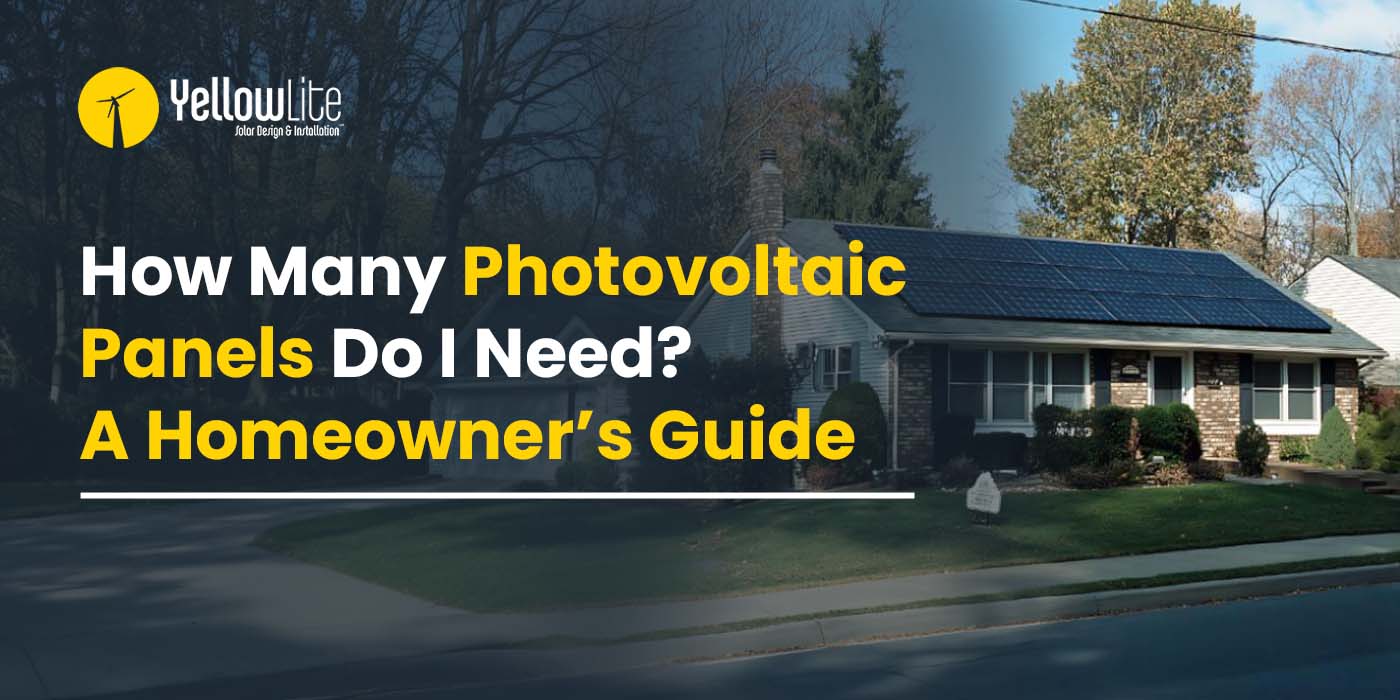With solar power, efficiency ratings reflect the amount of electricity that a solar panel can convert from the solar energy that it is exposed to. Over the years, solar panel efficiencies have improved thanks to engineering advancements. However, the equipment is just part of what determines the overall efficiency. Here, we’re taking a look at the internal and external factors that can affect your system’s efficiency.
Solar Panel Efficiency
Solar panels are designed to use sunlight to generate energy. The different materials used to make solar panels impact the way that energy flows within them, which determines their efficiency. The most common solar panels are comprised of photovoltaic (PV) cells, which are usually made of silicon. However, the arrangement of the silicon (or other semiconducting material) also affects the level of efficiency.
Monocrystalline
Monocrystalline panels use cells made from a single silicon crystal. This structure allows electricity to flow more easily, which means that it can produce energy at a higher efficiency.
Polycrystalline
Polycrystalline panels use cells made from multiple silicon crystals. Electricity cannot move as easily within these cells, meaning that energy is produced at a lower efficiency.
Thin-Film
Thin-film panels are made from various materials applied to glass or plastic. This composition results in much lower efficiency ratings than silicon crystal-based panels.
Blockages
Since solar panels need direct exposure to solar energy to generate electricity, anything blocking sunlight will reduce the amount of energy that the panels can absorb. Most blockages are obvious: tree shading or taller buildings nearby. However, blockages can occur in the subtle form of debris. Excessive dirt, large debris, and even the combined debris of air pollution like haze, can all reduce the amount of light reaching a solar panel and consequently reduce the amount of energy it can produce.
High Temperatures
The temperature of a solar panel also impacts the efficiency of solar power systems. Solar panels aren’t able to produce as much energy at extremely high temperatures as they can at lower temperatures. The panels can heat up due to unusually high outdoor temperatures or if the system design allows heat to be trapped and affect the panels. The latter can happen with rooftop systems that don’t permit enough airflow beneath the panels or when the roofing materials retain more heat.
Make Educated Decisions with YellowLite
At YellowLite, our team is dedicated to helping you make the best decisions for your solar project. Whether you’re exploring different types of solar panels or considering alternative system designs, our experts can guide you through the switch to clean energy.
To get started on planning your solar project, reach out to one of our solar consultants today!
Call us at 216-333-1364
Email us on https://www.yellowlite.com/contact-us/



